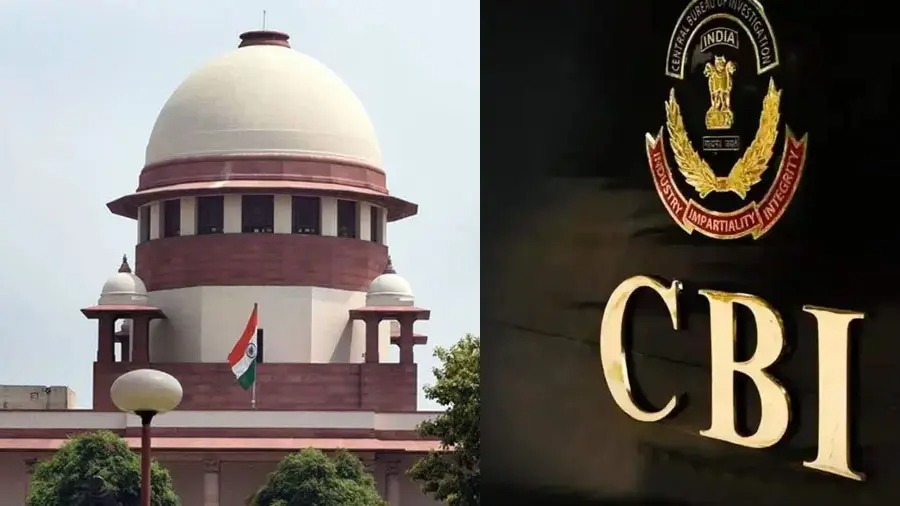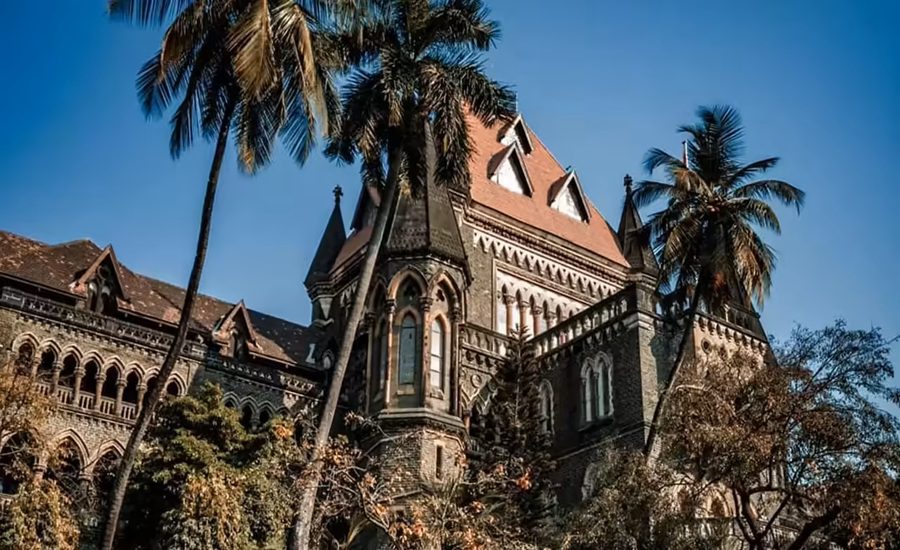Doss, J.@mdashThe question which arises in this appeal is whether the heir of an occupancy-raiyat, whose holding is not transferable by local custom or usage is bound by a bequest of the holding made by the latter in favor of a stranger. The facts which raise this question may be shortly stated:--One Ramdas Bairagi was the owner of an occupancy-holding which is not transferable by local custom or usage. He died leaving a Will whereby he bequeathed the holding to Defendant No. 1., who has subsequently obtained probate of the Will and is now in possession of the holding, He left two daughters him surviving. The Plaintiffs are the sons of one of the daughters; the other daughter has no son but has two daughters, and she is no party to the present suit. The Plaintiffs sued to recover possession of the holding on the ground that the holding not being transferable by local custom or usage, the testator had no power to make a Will in favor of Defendant No. 1 and that therefore the Plaintiffs are entitled to recover possession. The Courts below have accepted this contention as sound and have given the Plaintiffs a decree for possession of the holding. Defendant No. 1 has appealed, and it has been contended on his behalf that the bears are bound by the bequest of the holding by the testator in his favor. Now, it seems to me that the proper mode of approaching towards a solution of this question is to determine whether when a transfer of a non-transferable occupancy-holding takes place, the transaction is in law void or voidable; and, if vodable at whose option. It is almost elementary that if a transaction is void no rights in favor of either party can grow under it nor can it form the foundation of any estoppel [see Mohori Bibee v. Dharmodas Ghose 7 C.W.N. 441: s.c. ILR 30 Cal. 539 (1903)]. It is not necessary to have it set aside; its invalidity may be set up whenever it is sought to be enforced. It is incapable of being confirmed or ratified [see Beni Pershad Koeri v. Dudhnath Roy4 C.W.N. 274: s.c. L.R. 26 I.A. 218; ILR 27 Cal. 156 (1899)]. If, however, the transaction is voidable it is valid and binding upon the parties and persons deriving title through them (whether by descent, purchase or otherwise), until it is avoided. It is perfectly clear upon the authorities that the transfer of an occupancy-holding which is not transferable by local custom or usage may be validated by consent of the landlord [see Radha Kishor Manikya v. Sreemutty Ananda Priya8 C.W.N. 235 (1903), Jogun Prosad v. Posum Sahoo 8 C.W.N. 172 (1903), Sreemutty Sibo Sundary Ghose v. Raj Mohon Guho 8 C.W.N. 214 (1903)]. I am not unmindful of the possible suggestion that such consent on the part of the landlord may be regarded as a new settlement in favor of a transferee. But it seems to me that the answer to it is that the supposed new settlement would not vest in the transferee any right of occupancy. It would be the creation of a holding for the first time. Therefore, when the landlord recognizes the transfer as valid, he recognizes the transfer of the existing occupancy right as a valid transaction. If it had been a transaction absolutely void as being opposed to law, no amount of consent on the part of the landlord could have validated it. It follows, therefore, from these premises that the transfer of an occupancy-holding which is not transferable by local custom or usage is not a void transaction and its invalidity cannot be set up by the occupancy-raiyat or any person claiming title through him. The transfer then is only voidable and that at the instance of the landlord only, the usual grounds upon which a voidable contract between persons competent to contract may be avoided being out of the question in such a case. A careful examination of Bhagirath Changa v, Seikh Hafizuddin 4 C.W.N. 679 (1900), Basarat Mandal v. Sabulla Mandal 2 C.W.N. cclxxix (1898), Ambica Nath Acharjee v. Aditya Nath Moitra 6 C.W.N. 624 (1902), Ayenuddin Nesya v. Sirish Chandra Banerjee 11 C.W.N. 76 (1906) will show that this, in fact, is the principle which underlies them. In Bhagirath Changa v. Sheik Hafizuddin 4 C.W.N. 679 (1900), purchasers of portions of an occupancy-holding not transferable by local custom or usage sued the transferor of the occupancy right for possession of the holding: and it was held that the latter was estopped from setting up the invalidity of the transfer by him and the purchasers were held entitled to recover possession of the holding. Similarly in the case of Basarat Mandal v. Sabulla Mondal 2 C.W.N. cclxxix (1898), purchasers of a non-transferable occupancy-holding sued to recover possession of the holding from persons who were in possession apparently without any title: the Defendants resisted the action on the ground that the holding being not transferable the Plaintiffs had no valid title to the holding and were not entitled to recover possession; it was held that the question of nontransferability was one which could not be legitimately raised by the Defendants who were trespassers and that the Plaintiff had a right to be protected in the enjoyment of his purchase against all the world except possibly his landlord. In Ambica Nath Acharjee v. Aditya Nath Moitra, 6 C.W.N. 624 (1902), the question was, who, as between two successive transferees of an occupancy-holding not transferable by local custom or usage, was entitled to the surplus proceeds of the sale of the holding, after satisfaction of a decree for rent obtained by the landlord; and, it was held that the earlier transferee was so entitled. There Maclean, C.J., observed: "The landlord is not a party to this suit; he is raising no question about the transferability of the jote; it does not matter to him which of the two claimants gets the money. He has been paid all that is due to him. Under these circumstances I do not see how the question of transferability can properly arise. In all the cases cited, the question was between the landlord and tenant." It is therefore clear that in the opinion of the learned Chief Justice the question of non-transferability could not be raised by any person other than the landlord; in other words, it may be raised between the landlord and the tenant and not between the tenant and his transferee. In Ayenuddin Nasya v. Sirish Chandra Banerjee, 11 C.W.N. 76 (1906), the question of non-transferability was raised between two rival purchasers of an occupancy-holding one being a purchaser of the holding at a sale in execution of a mortgage decree in his own favor, the other being a purchaser at a sale in execution of a decree for rent obtained by a co-sharer landlord; the purchase of the latter was subsequent to the purchase of the former. It was held that the question of the nontransferability of the holding could not be raised between such parties and that the subsequent purchaser took the holding subject to the rights acquired by the purchaser at a sale in execution of the mortgage-decree.
2. These cases clearly illustrate the general principle which I have already indicated that the transfer of an occupancy-holding is not a void transaction, that it is binding between the parties, namely, the transferor and the transferee and all persons claiming through them, and that it is voidable only at the option of the landlord. If then such is the character of the transaction, it seems to follow that the heir of an occupancy-raiyat ought to be held bound by a transfer of the holding made by a Will. If he is bound by & transfer for a valuable consideration or by a gift there does not seem to me to be any reason why he ought not to be held bound by a transfer made by a Will.
3. A further question was raised by the learned vakil for the Appellant that as one of the two daughters of Ramdas Bairagi is still alive, the Plaintiffs are not his heirs and are therefore not entitled to sue. The first Court held that as she has no male issue but only daughters and has no prospect of getting a son, meaning apparently that she is past child-bearing, she was not entitled to succeed. The lower Appellate Court has not come to any finding as to whether the other daughter is entitled to succeed or not but has proceeded on the assumption that she was, and has held that she may, if she chooses, enforce her right by a separate suit. I think the view of the lower Appellate Court upon this point is not right. If the other daughter is not past child-bearing, under the Hindu Law she is the sole heiress, and the Plaintiffs are not entitled to succeed as heirs. Therefore if the lower Appellate Court came to a finding upon the point adverse to the Plaintiffs, the Plaintiffs'' suit would fail upon that ground alone: and, if my opinion upon the first point had been in favor of the Plaintiffs it would have been necessary for me to remand the case to the lower Appellate Court for a finding upon the question as to whether the other daughter was past child-bearing or not, and whether she was or was not on account of that reason disqualified from inheriting. For these reasons I am of opinion that the Plaintiffs'' suit ought to fail and that this appeal ought to be decreed with costs.

